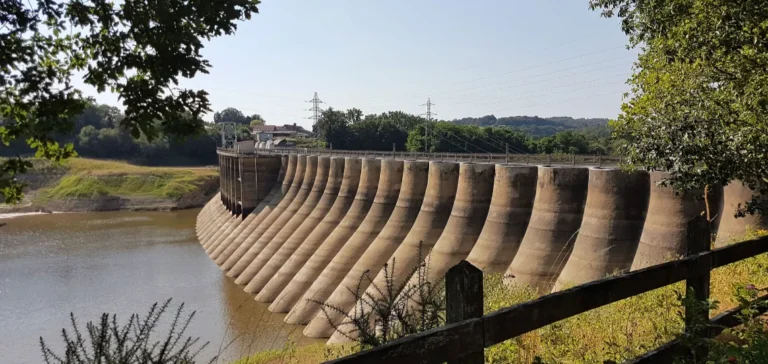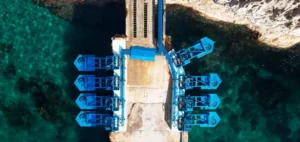The French government and the European Commission have reached a principle agreement to resolve legal disputes that have hindered the development of the national hydroelectric sector. The agreement, announced by Matignon, is expected to end more than a decade of pre-litigation linked to the legal regime governing hydroelectric dam concessions in France.
A changing legal framework
Implementation of the agreement will be based on a legislative proposal initiated by members of parliament, according to statements from Prime Minister François Bayrou. The proposed scheme foresees a partial shift from the current concession-based management model, which largely involves private operators managing state-owned infrastructure under fixed-term contracts. The reform is intended to provide greater security for operators while allowing new investment.
The framework includes a gradual transition to an authorisation model for certain installations. While further legislative details are pending, the shift aims to comply with European legal standards while ensuring operational continuity for strategic assets.
Operator retention and market opening
The second part of the agreement focuses on maintaining existing operators. This measure is considered essential to safeguard operational stability, local expertise and infrastructure security. It is also aimed at securing long-term economic benefits for affected regions.
In addition, the market will be opened through the release by Électricité de France (EDF) of six gigawatts of so-called “virtual” hydroelectric capacity. These volumes will be offered to third parties via auctions overseen by the Commission de régulation de l’énergie (CRE). The mechanism only concerns the sale of generation profiles and does not grant any operational control over the facilities.
An industrial lever for electricity generation
Hydropower is France’s second-largest source of electricity production after nuclear, and the leading renewable energy source. Despite its strategic importance, the sector had suffered from an investment freeze caused by uncertainty over existing concessions. A parliamentary report released in the spring highlighted this structural barrier.
Members of parliament Marie-Noëlle Battistel and Philippe Bolo noted in the report that the current framework prevented operators from undertaking investments essential to maintaining or upgrading infrastructure. The lack of visibility regarding concession durations discouraged operators from committing funds needed to optimise production.






















